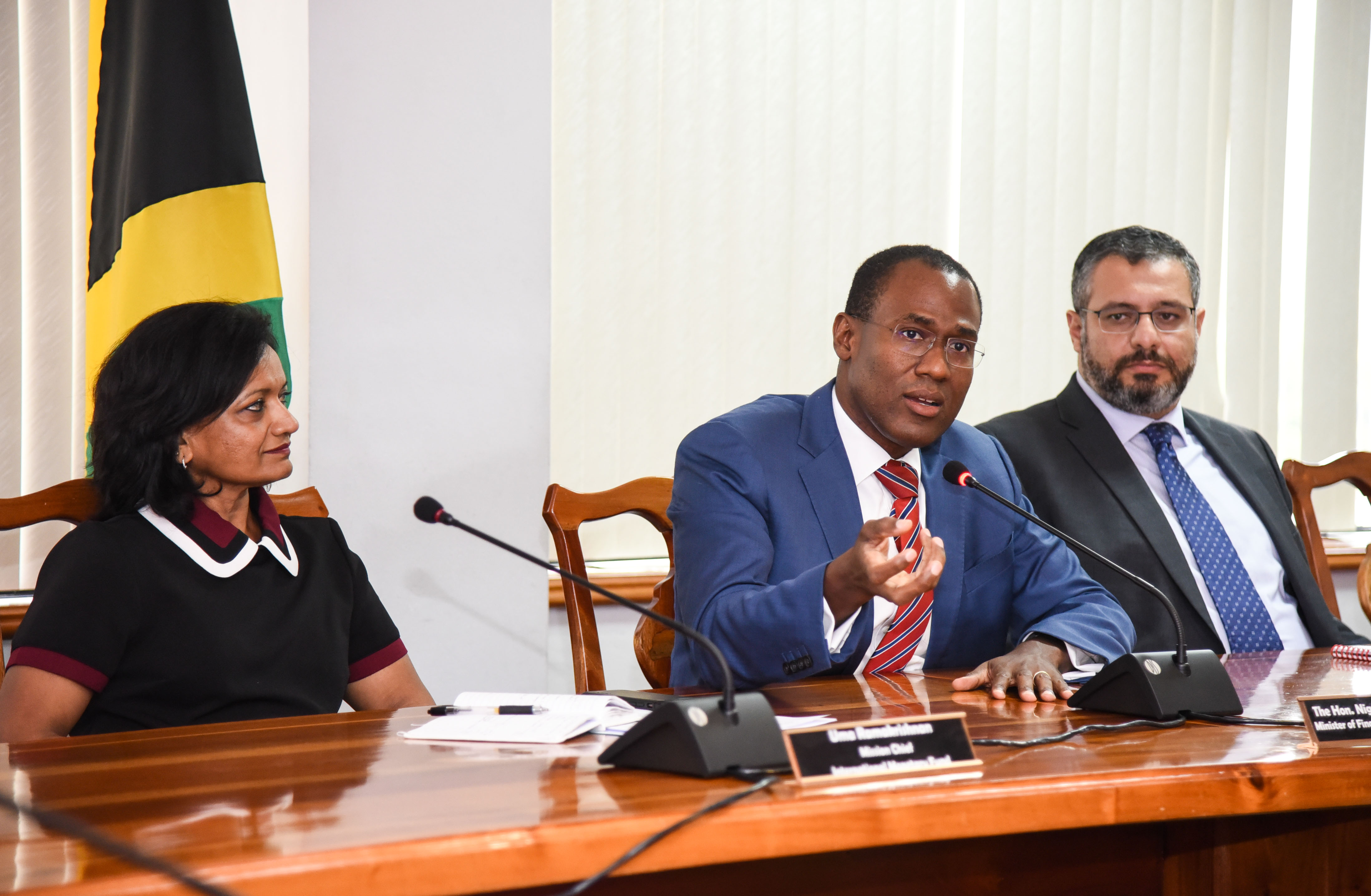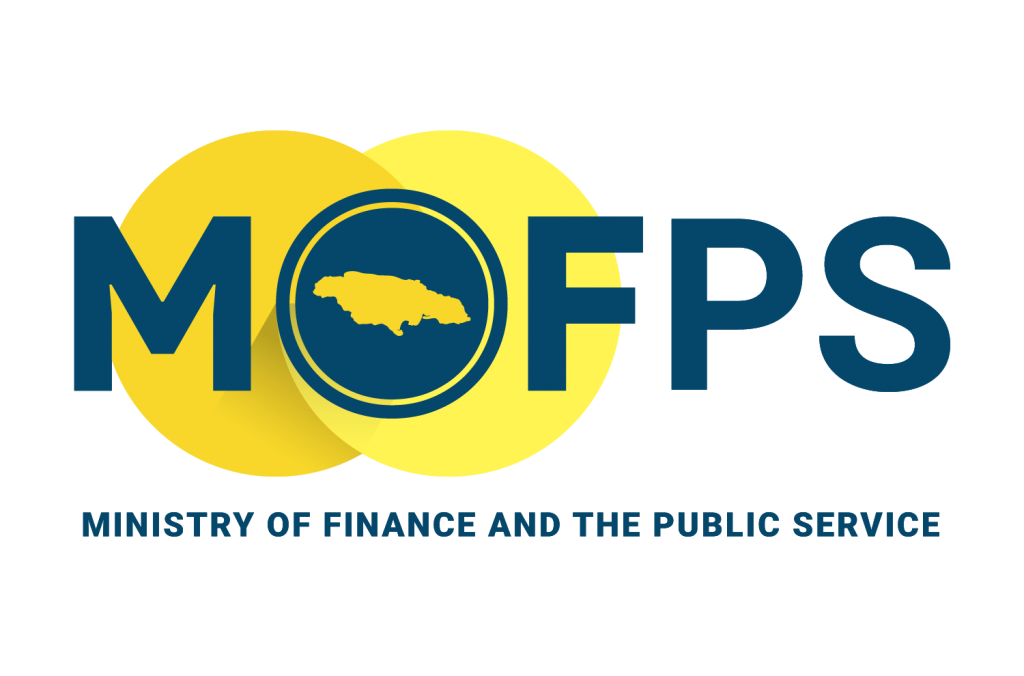IMF Commits Continued Support For Economic Reform Programme

Former International Monetary Fund (IMF) Mission Chief for Jamaica, Dr. Uma Ramakrishnan, says the institution remains steadfast in its support for the country’s economic reform agenda, following the conclusion of programme arrangements on November 10.
“We continue to be open to provide any technical assistance and capacity building that the country may need. We are hands-on in this and I think, from our standpoint, we stand ready, eager and willing to provide any technical assistance that the institution can support Jamaica in its reforms,” she said.
Dr. Ramakrishnan was addressing journalists during a video conference at the IMF’s local office at the Bank of Jamaica (BOJ) building in downtown Kingston on Monday (November 11).
He advised that the IMF continues to support the Government on several engagements, particularly those undertaken during the course of the US$1.7-million precautionary Stand-By Arrangement (SBA) implemented in 2016.
Among these, she informed, is the Fiscal Council, development of which is being spearheaded by the Ministry of Finance and the Public Service which, she noted, has “engaged with us and we are providing the [requisite] support that is needed”.
The Council will be the final arbiter of Jamaica’s Fiscal Rules that stipulate, among other things, a debt-reduction target of 60 per cent of gross domestic product (GDP) by financial year 2025/26.
Additionally, the Council will make independent commentary on the Fiscal Policy Paper, laid in Parliament simultaneously with the Budget, which outlines a medium-term profile and projections.
The Council will also comment, independently, on the interim Fiscal Policy that is laid in the House in September each year, and will have access, via legislation, to data from the Finance Ministry and other government agencies.
Dr. Ramakrishnan said the IMF is also supporting reforms aimed at further strengthening the data framework, citing this as imperative for “good policymaking”.
She noted that the IMF is also working with the Finance Ministry and the Planning Institute of Jamaica (PIOJ) to build the country’s macro-fiscal capacity.
She said that training is being held in this regard through webinars and inhouse engagements, and an IMF team is slated to arrive in Jamaica later this year to conduct sessions on building macro-fiscal forecasting tools and debt sustainability analysis.
The IMF executive said that these areas are “useful for policymakers to understand… the fiscal envelope, fiscal trajectory, and public debt management”.
Complementing these engagements, Dr. Ramakrishnan said, will be inputted to be provided by new IMF Resident Representative, Karim Youssef.
“He is there to mobilise some of the technical assistance and be the liaison between the needs of the ministries, the Government [and] the central bank, and channel the information to us,” she explained.
Dr. Ramakrishnan said this will enable the Fund “to provide the necessary support that is needed to help Jamaica build the capacity that it needs to move some of these reforms along”.
The conclusion of Jamaica’s six-and-a-half-year IMF programme engagement followed the Executive Board’s completion of the sixth and final review under the SBA on November 4.
The programme engagement also included the precursory US$932-million Extended Fund Facility (EFF).
The original article can be found on Jamaica Information Service
)
